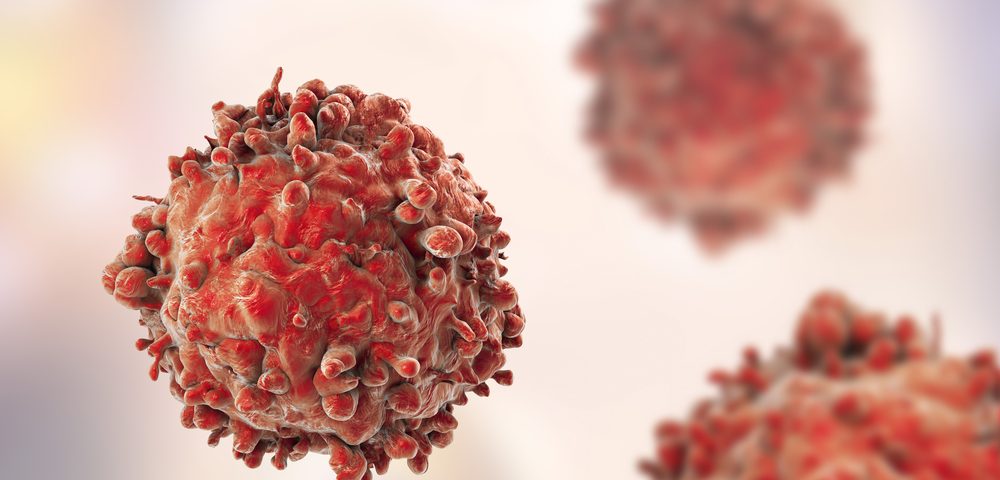The absence of a specific T-cell subset may help explain why three in four patients with advanced chronic lymphocytic leukemia (CLL) fail to respond to Kymriah (tisagenlecleucel) — a CAR T-cell therapy approved for another kind of leukemia, according to researchers.
Their study, “Determinants of response and resistance to CD19 chimeric antigen receptor (CAR) T cell therapy of chronic lymphocytic leukemia,” appeared in the journal Nature Medicine.
Unlike most patients with advanced acute lymphoblastic leukemia (ALL), who show favorable responses to Novartis‘ therapy Kymriah, only 26% of CLL patients respond to it in clinical studies.
This immuno-oncology treatment is developed using the patient’s own T-cells to target proteins located on the surface of cancer cells.
Researchers from the Perelman School of Medicine at the University of Pennsylvania (Penn Medicine) and Novartis have now shown that CLL patients who exhibited a certain subtype of immune T-cells before receiving the CAR T-cell therapy had a partial or complete response to Kymriah, while those with fewer of these cells did not respond.
Specifically, the healthier T-cells contained cell surface markers CD8 and CD27, but lacked CD45RO.
The team analyzed 41 patients with heavily pre-treated, advanced, and high-risk CLL who had received a minimum one dose of CAR T-cells directed at CD19.
Researchers then compared molecular features of T-cells from patients with complete, partial, or no therapy response. They found that CAR T-cells that persisted and expanded in complete responders had higher levels of genes that regulate early memory and effector T-cells — which are key in the response to infections — and had elevated levels of the IL-6/STAT3 signaling pathway.
In comparison, non-responders expressed genes involved in late T-cell differentiation, glucose breakdown, dysfunction, and cell death.
The investigators screened eight CLL patients for early memory T-cells, before and after CAR T-cell therapy. These T-cells are generated from an immune response and enable rapid targeting of a pathogen upon re-exposure. Results revealed a 100% specificity and sensitivity in identifying complete responders.
Overall, the results indicate the presence of early memory T-cells may help predict which patients benefit from this kind of treatment. They also may help in the development of more effective CAR T-cells.
“With a very robust biomarker like this, we can take a blood sample, measure the frequency of this T-cell population, and decide with a degree of confidence whether we can apply this therapy and know the patient would have a response,” Joseph A. Fraietta, PhD, the study’s first author, said in a press release.
“The ability to select patients most likely to respond would have tremendous clinical impact, as this therapy would be applied only to patients most likely to benefit, allowing patients unlikely to respond to pursue other options,” he added.
The investigators hypothesized that prior therapies may explain why some T-cells are suboptimal prior to treatment. The findings also suggest that selecting the right subgroup of T-cells may increase the efficiency of CAR T-cell therapy.
“What we’ve seen in these non-responders is that the frequency of these T-cells is low, so it would be very hard to infuse them as starting populations,” said J. Joseph Melenhorst, PhD, the study’s senior author. “But one way to potentially boost their efficacy is by adding checkpoint inhibitors with the therapy to block the negative regulation prior to CAR T-cell therapy.”
Scientists now need to assess whether this biomarker approach can be applied to other cancer types, particularly solid tumors, Melenhorst said.
Penn and Novartis have been collaborating on the development of Kymriah and other CAR T-cell therapies since 2012. Kymriah was recently approved by the U.S. Food and Drug Administration for the treatment of adults with relapsed or refractory large B-cell lymphoma.
It follows the 2017 approval of Kymriah for relapsed or treatment-resistant B-cell ALL in children and young adults up to age 25.


